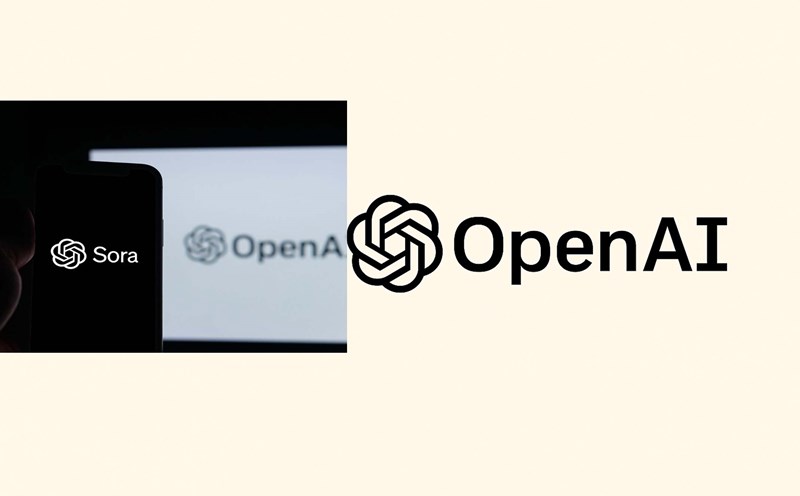In an effort to expand personalized consumer products, OpenAI has completed a buyback of Roi, an AI-powered personal finance management application.
This is the latest in a series of recent acquisitions by the company, after Context.ai, Crossing Minds and Alex.
According to the announcement from CEO and co-founder Sujith Vishwajith, Roi will officially stop operating and supporting customers from October 15.
From financial applications to the philosophy of software personalization
Sources say only Vishwajith joined OpenAI, while three other Roi employees did not. The financial terms of the deal were not disclosed.
Roi was founded in New York in 2022, and has raised $3.6 million from Spark Capital, Gradient Ventures and many other funds.
This application allows users to synthesize all financial impressions from stocks, cryptocurrencies, real estate to NFTs into a single platform, providing analysis, cash flow tracking and transaction support.
The difference of Roi lies in its ability to create a financial-knowledged AI companion and be able to personalize it to the communication style that users desire.
For example, a user asked Roi to talk like a Gen-Z with brain damage and received a humorous answer, both satirical and providing detailed investment data.
This reflects Roi's philosophy, that software will not provide dry answers, but must interact, adapt and be as close as a real person.
In a post on X, Vishwajith emphasized: We realize that personalization is not only the future of finance, but also the future of all software.
The framework for OpenAI's consumer AI strategy
This vision is in line with OpenAI's current vision. The company is focusing on AI products serving end users such as Pulse (creating personalized news and reports), Sora (applying AI entertainment to compete with TikTok) or Instant Checkout ( integrating direct shopping in ChatGPT).
Behind this strategy is Fidji Simo, former CEO of instacart and now leader of OpenAI's consumer applications segment.
The human resources and technology from Roi are expected to supplement OpenAI's expanding application ecosystem, especially in the field of experience personalization.
This is also the company's way of leveraging the user behavior optimization ideas that Vishwajith successfully applied at Airbnb, where he helped increase revenue by tens of millions of USD with just a few lines of code.
Stepping in the context of huge infrastructure investment
The Roi deal comes as OpenAI continues to spend billions of dollars on data center infrastructure and supercomputers to operate AI models.
Therefore, the development of direct consumer products that bring in revenue becomes a key factor.
With this deal, OpenAI not only proves its ambition to go beyond its role as a API provider, but also bet on the future of personalized software, where each user has a unique, vivid and closer AI experience than ever.










